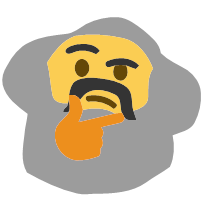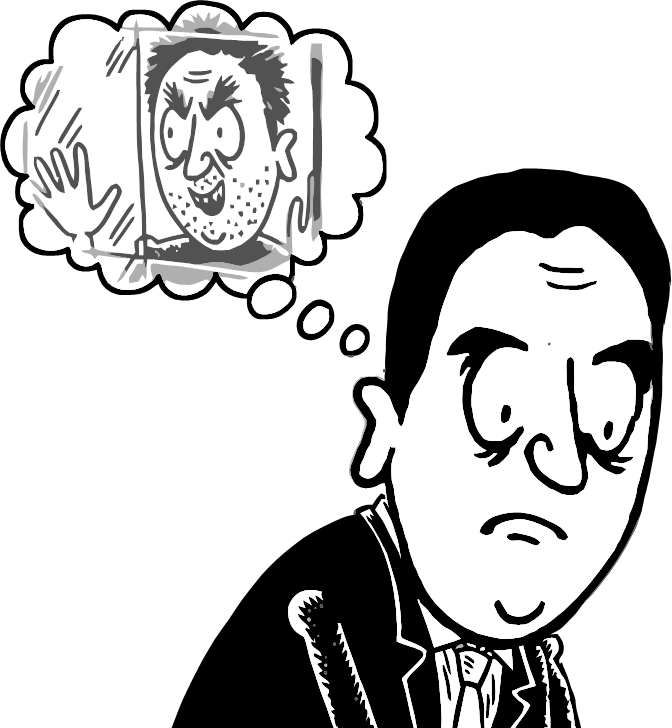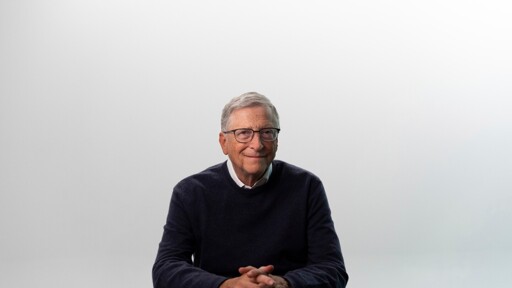UmmmCheckPlease [he/him, comrade/them]
- 3 Posts
- 44 Comments

 15·2 days ago
15·2 days agoThey named it Boeing because of the sound it makes while parts bounce off

 3·3 days ago
3·3 days agoGotta see if the US is gonna get walloped by a hurricane this year - that tends to accelerate things a bit

 30·4 days ago
30·4 days agoSabrina Shroff, a lawyer for Mr. Dunn, …
Ms. Shroff described the case to jurors as profoundly unserious.

Sabrina if you’re here- great work

 8·5 days ago
8·5 days agoEm got apple facts by the bushel


 27·7 days ago
27·7 days agoJust a century too late. Apologies to the rest of the world for the monsters the US constantly produces

 14·10 days ago
14·10 days agolol was it all the consumers milling about with torches and pitchforks that gave it away?

 9·10 days ago
9·10 days agoWar. Huh. What is it good for? Accruing Nobel prizes apparently…

 10·11 days ago
10·11 days agoNahh they’re in the KING era. (But not actually, because they’d know what to do with a king…)

 11·11 days ago
11·11 days agoI mean a lot of the wealth/power is held by people stuck in the 1950s. So yes.

 20·11 days ago
20·11 days agoLmao “peer rival”. Like others have said, China should be offended to be referred to as a ‘peer’ or America, and laugh at the idea of America as a ‘rival’.
“Oh look I’m at a track meet and the racist asshole with rich parents, who constantly shoots themself in the foot, is my competition in the hurdles! Oh they just took their spikes off because they’re “not based”, and fired their hurdle coach because “they know how to jump and run the best of anybody. Big jumps!” And now they’ve taken the starter pistol, loaded in a live round, and blown their big toe to kingdom come. However they’re now technically standing at the starting line, seemingly able to race. Wow. What a peer rivalry.”

 27·12 days ago
27·12 days agoAlso I keep misreading it as “employees humiliate ceo before his death”

Which makes it sound like they made fun of him so hard he died


 17·12 days ago
17·12 days agoJust wants you to be aware of how often Awoo makes good points

 3·12 days ago
3·12 days agoGee would hate to have central planning to address global crisis. Thank god we have the market-based approach- i wanted to see a third world war! /s

 3·12 days ago
3·12 days agoSection from his Wikipedia page:
Advising in post-communist economies
In 1989, Sachs advised Poland’s anticommunist Solidarity movement and the government of Prime Minister Tadeusz Mazowiecki. He wrote a comprehensive plan for the transition from central planning to a market economy that was incorporated into Poland’s reform program, led by Finance Minister Leszek Balcerowicz. Sachs was the main architect of Poland’s debt reduction operation.
He and IMF economist David Lipton advised on the rapid conversion of all property and assets from public to private ownership. Closure of many uncompetitive factories ensued.[33] In Poland, Sachs was firmly on the side of rapid transition to capitalism. At first, he proposed U.S.-style corporate structures, with professional managers answering to many shareholders and a large economic role for stock markets.
That did not sit well with the Polish authorities, but he then proposed that large blocks of the shares of privatized companies be placed in the hands of private banks.[34] As a result, there were some economic shortages and inflation, but prices in Poland eventually stabilized.[35][36] In 1999, the government of Poland awarded Sachs one of its highest honors, the Commander’s Cross of the Order of Merit.[19] He received an honorary doctorate from the Kraków University of Economics.[22] After Poland’s success, his advice was sought by Soviet President Mikhail Gorbachev and his successor, Russian President Boris Yeltsin, on the transition of the USSR/Russia to a market economy.[36]
Sachs’s methods for stabilizing economies became known as shock therapy and were similar to successful approaches used in Germany after the two world wars.[20] He faced criticism after the Russian economy underwent significant struggles after adopting the market-based shock therapy in the early 1990s.[37][38][39]

 33·12 days ago
33·12 days agolol. Rest in piss bozo.

 3·12 days ago
3·12 days agoGreat, now I’m just thinking about kittens (photo shamelessly taken from r/catswithkittens)



I was checking the federal worker reaction on Reddit - and even THEY’RE posting Lucy lol. And referring to capital as the uni-party that controls both.
Guess we’re gonna keep cranking that ratchet.